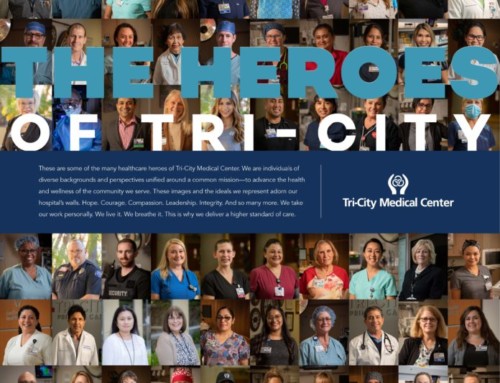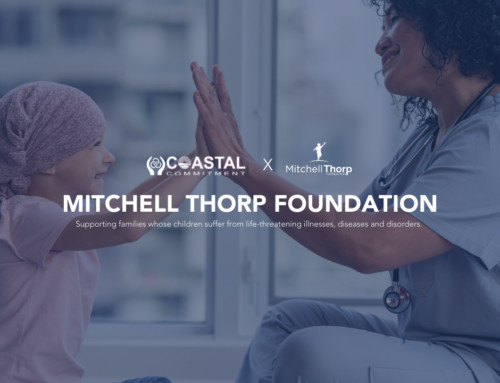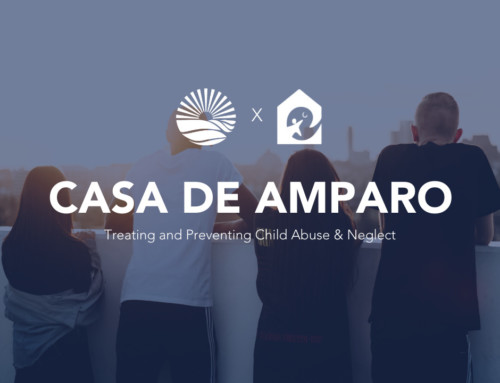 Mental health challenges are not uncommon – in fact, every year about 20% of the population will deal with some form of mental illness. Nevertheless, there is still significant stigma attached to mental health issues. Words like “crazy” or “insane” are often thrown around, which makes sufferers feel more vulnerable and less likely to reveal their mental illness.
Mental health challenges are not uncommon – in fact, every year about 20% of the population will deal with some form of mental illness. Nevertheless, there is still significant stigma attached to mental health issues. Words like “crazy” or “insane” are often thrown around, which makes sufferers feel more vulnerable and less likely to reveal their mental illness.
Fortunately, as people become more educated, the veil of misinformation about mental illness is lifted and the stigma starts to fade. There are many organizations using advocacy and education to bring about change and, thanks to their work, people living with mental health issues are experiencing greater acceptance.
What Is Stigma?
Stigma is the collection of negative attitudes and beliefs about people who have a mental illness. The idea that people who have depression, bipolar disorder, anxiety, or any other mental health issue are “scary” or “weird” is a common example of stigma. Other times, people who suffer from these conditions may be thought of as weak or just unable to control their emotions.
Why Does Mental Health Stigma Hurt?
The negative stereotypes that accompany stigma are varying, and they can manifest so subtly that they’re not apparent to anyone who doesn’t have a mental illness themselves.
For instance, calling someone who is upset “hysterical” or “out of their mind” might seem like a small thing, but it adds to the stigma and often results in shame. The effects of negative stereotypes are always harmful; commonly, stigma may lead someone to conceal an illness and suffer alone, or feel ostracized from society. People commonly avoid diagnosis so they’re not labeled as “crazy.”
Organizations Helping Reduce Stigma
Mental health professionals are teaming up with the people affected by mental illness to help erase mental health stigma once and for all.
If you or someone you know is facing challenges, your first and best resource is usually your doctor. But that doesn’t mean that having additional support doesn’t make a difference. The following organizations can be wonderful resources that work as a supplement to professional health treatment.
National Alliance on Mental Illness (NAMI)
NAMI works to improve mental health in a number of ways, including through their StigmaFree program. You can educate yourself on mental illness and stigma with their step-by-step program, read the personal stories of people with mental illnesses, and connect with their advocacy endeavors to fight stigma in your community at the policy level.
Families for Depression Awareness
This organization aims to aid the family members of people who have depression and other mood disorders. You can attend a training or view an online webinar and get specific resources for helping teens and adults with mental illnesses. Through education and open conversation, the group hopes to reduce the stigma associated with depression.
Project Helping
Project Helping utilizes the act of volunteering to end the self-stigma for people suffering from a mental illness. They believe volunteering improves mood and self-esteem, as well as showing that those with mental health issues can still achieve great things. Ultimately, their goal is to humanize people with mental illness to end both outside and self-imposed stigma.
Up2SD
This San Diego organization provides community members with an open and honest place to talk about mental health. On top of their online resources, the group has a crisis hotline and a daily online chat feature for people to reach out and talk.
Eliminating mental health stigma encourages people to seek diagnosis sooner and overcome their challenges. Contact Tri-City Medical Center today to speak to a professional and access the resources you or your loved one needs.





